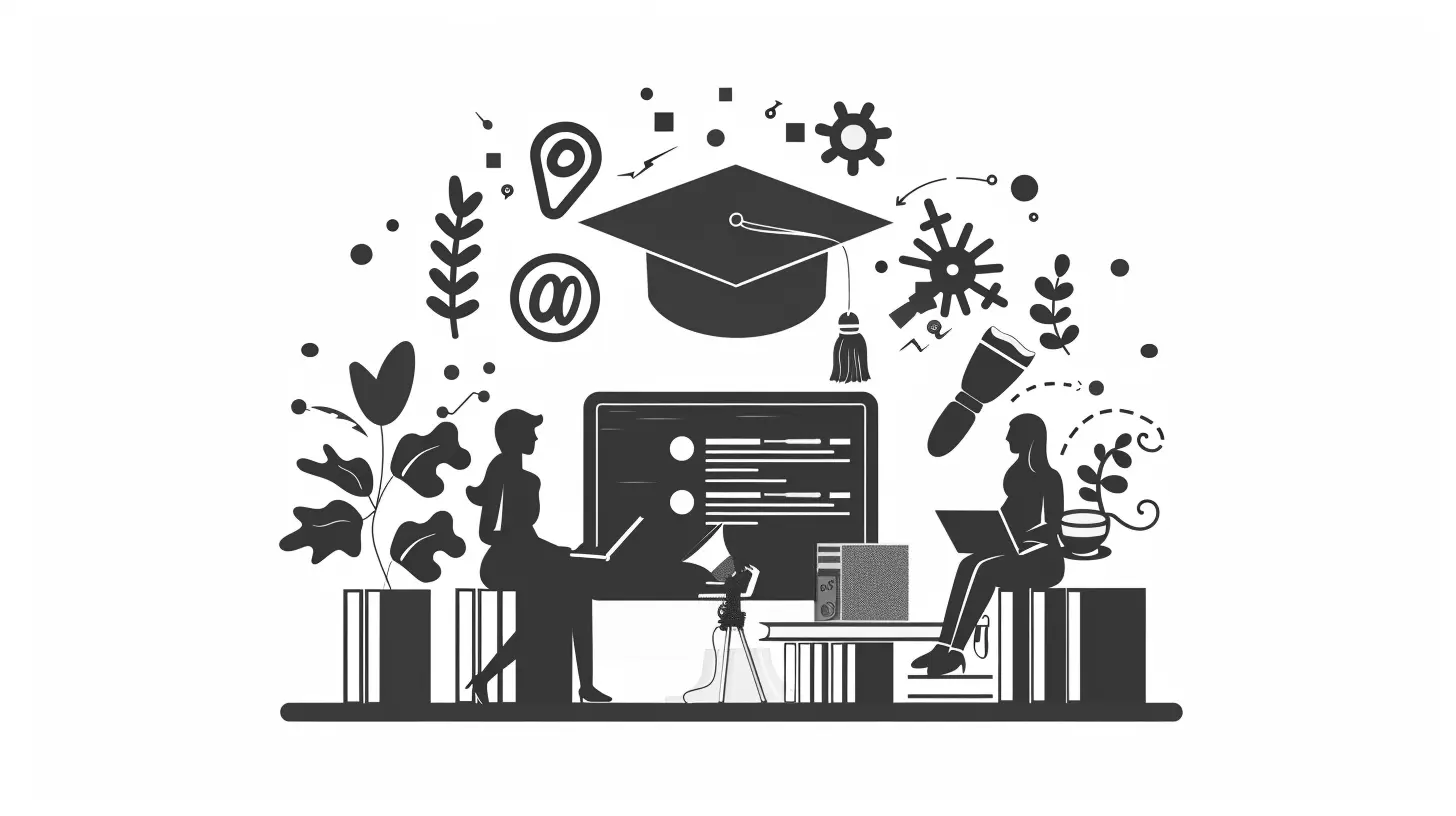How EdTech Startups Are Shaping the Future of Education
2 August 2025
Education is evolving faster than ever, and at the heart of this transformation are EdTech startups. These innovative companies are leveraging technology to reshape how students learn, how teachers teach, and how institutions operate. But what exactly are they doing differently? How are they disrupting the traditional classroom experience? And most importantly, what does this mean for the future of education?
Let's dive into the fascinating world of EdTech startups and see how they're making learning more accessible, engaging, and effective.

The Rise of EdTech Startups
Technology has seeped into every corner of our lives—so why should education be any different? Over the past decade, EdTech startups have skyrocketed, offering fresh, tech-driven solutions to age-old learning challenges.From AI-powered personalized learning platforms to virtual classrooms that connect students across continents, these startups are redefining the educational landscape. The demand for remote learning, accelerated by the COVID-19 pandemic, has only fueled their growth.
But what makes these startups so special? It's their ability to rethink traditional education and provide innovative solutions that cater to the modern learner's needs.

How EdTech Startups Are Transforming the Learning Experience
1. Personalized Learning Through AI and Data Analytics
Remember sitting in class, struggling to keep up while the teacher moved on? Or maybe you found the lessons too slow because you already understood the topic? Traditional education follows a standardized pace, but learning isn't one-size-fits-all.EdTech startups are solving this with AI-driven platforms that adapt to individual learning styles. These platforms assess a student’s strengths, weaknesses, and preferences, then customize lessons accordingly. Imagine having a digital tutor that adjusts lessons in real time based on how well you're grasping the material—pretty cool, right?
Companies like Knewton and Squirrel AI are leading this shift by offering adaptive learning technologies, making education more efficient and personalized.
2. Breaking Geographic Barriers with Online Learning
Gone are the days when quality education was limited to big cities and prestigious institutions. Today, platforms like Coursera, Udemy, and Khan Academy offer top-tier courses to anyone with an internet connection.EdTech startups are ensuring that students in remote areas have access to the same content as those in urban centers. This is a game-changer for equalizing education opportunities worldwide.
3. Engaging Students with Gamification
Let’s be honest—traditional learning methods can be boring. Long lectures, heavy textbooks, and repetitive homework can suck the joy out of learning. Enter gamification!EdTech startups are making education fun through interactive learning experiences that incorporate game mechanics. Apps like Duolingo, Prodigy, and Kahoot use rewards, challenges, and leaderboards to keep students motivated and engaged.
When learning feels like playing a game, students naturally stay involved longer, absorb information better, and develop a love for the subject.
4. Virtual and Augmented Reality: Bringing Lessons to Life
What if history lessons could literally take you back in time? Or science experiments could happen right before your eyes without the risk of a failed explosion?Startups in the EdTech space are tapping into Virtual Reality (VR) and Augmented Reality (AR) to create immersive learning experiences. Tools like Google Expeditions and zSpace allow students to explore complex concepts in a hands-on, visual manner.
For example, medical students can practice surgeries in a VR simulation before stepping into a real operating room. Talk about next-level learning!
5. Enhancing Teacher Efficiency with AI-driven Tools
Teachers have one of the toughest jobs out there—juggling lesson planning, grading, student engagement, and administrative tasks. EdTech startups are stepping in to lighten their load.AI-powered tools help teachers automate grading, track student progress, and even offer suggestions for personalized instruction. Platforms like Gradescope and ScribeSense use AI to grade assignments with accuracy, freeing up teachers' time for more meaningful interactions with students.
6. Microlearning: Bite-Sized Knowledge for the Modern Learner
Attention spans are shrinking, and traditional lecture-style teaching isn’t cutting it anymore. Students today prefer quick, digestible chunks of information—just like they consume social media content.EdTech startups are capitalizing on this trend with microlearning apps that deliver short, focused lessons. Apps like Blinkist and EdApp offer easily consumable content that helps learners absorb information efficiently—perfect for today’s fast-paced world.

The Challenges Facing EdTech Startups
Despite all the exciting advancements, EdTech startups face their fair share of challenges.- Digital Divide – Not everyone has access to high-speed internet or digital devices, creating a gap between privileged and underprivileged students.
- Teacher Adaptation – Some educators hesitate to adopt new technology, fearing it might complicate their workload.
- Quality Control – With so many EdTech startups popping up, how do we ensure the content meets educational standards?
- Security and Privacy – Digital learning platforms handle vast amounts of student data, raising concerns about privacy and cybersecurity risks.
While these challenges exist, continuous innovation and collaboration between educators, policymakers, and tech companies will help bridge the gaps.

The Future of EdTech: What’s Next?
So, where is all this heading? The future of EdTech is filled with exciting possibilities:- AI-driven mentors could provide real-time feedback, making learning more intuitive.
- Blockchain technology may ensure secure and verifiable academic credentials.
- 5G and IoT could power smart classrooms with interactive digital boards and real-time collaboration tools.
- Lifelong Learning Platforms will make upskilling accessible to professionals looking to stay ahead in their careers.
One thing's for sure—EdTech startups are just getting started. The way we learn today will look vastly different in the next decade.
Final Thoughts
EdTech startups are not just improving education—they’re revolutionizing it. With personalized learning, gamification, immersive tech, and AI-powered tools, these startups are making learning more engaging, efficient, and accessible for all.The future of education is digital, and these innovators are at the forefront of shaping what that looks like. Whether you're a student, teacher, or lifelong learner, embracing EdTech could be the key to unlocking a smarter, more connected world of education.
all images in this post were generated using AI tools
Category:
Innovation In EducationAuthor:

Olivia Lewis
Discussion
rate this article
1 comments
Nell Ramirez
EdTech startups are not just enhancing learning experiences; they are redefining accessibility and personalization in education. By harnessing technology, they empower both educators and students, fostering a collaborative environment that prepares learners for a rapidly evolving world.
August 14, 2025 at 3:46 AM

Olivia Lewis
Absolutely! EdTech startups are indeed transforming education by making it more accessible and personalized, while fostering collaboration and adaptability for future learning.


